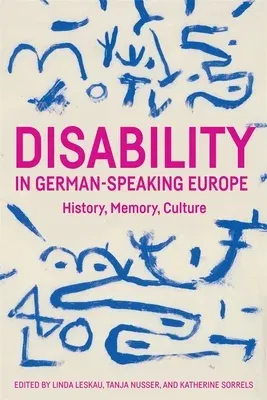This collection reflects on the development of disability studies in
German-speaking Europe and brings together interdisciplinary
perspectives on disability in German, Austrian, and Swiss history and
culture.
Ableism remains the most socially acceptable form of intolerance, with
pejoratives referencing disability - and intellectual disability in
particular - remaining largely unquestioned among many. Yet the
understanding, depiction, and representation of disability is also
clearly in a process of transformation. This volume analyzes that
transformation, taking a close look at attitudes toward disability in
historical and contemporary German-speaking contexts.
The volume begins with an overview of the emergence and growth of
disability studies in German-speaking Europe against the background of
the field's emergence a decade or so earlier in the US and UK. The
differences in timing, methodology, and research concentrations bring
into focus how each cultural context has shaped the field of disability
studies in its multiple and diverse approaches. Building on recent
scholarship that uses a cultural studies approach, the volume's three
sections analyze constructs of disability and ability in history,
memory, and culture. The essays in the history section examine how the
emotions, morality, and power have played into - and still do play
into - the individual's experience of disability. Those in the memory
section grapple with the origins of the Nazi persecution of people with
disabilities, the fight for recognition of this genocide, and the
politics of its commemoration. Finally, the culture section offers close
readings of disability in literary and filmic texts from the twentieth
and twenty-first centuries.

